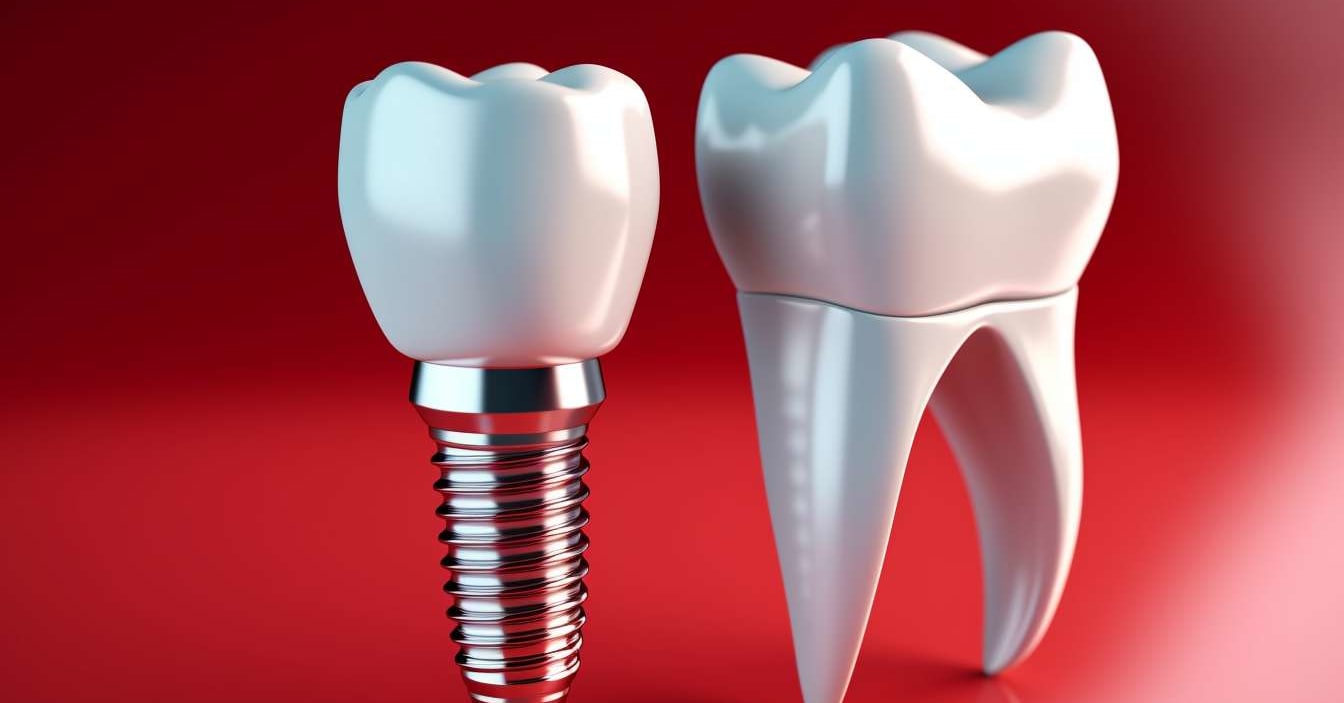The Ultimate Guide to Understanding Dental Implants: Everything You Need to Know
Dental implants have revolutionized modern dentistry by offering a permanent solution for missing teeth that looks, feels, and functions like natural teeth. These titanium posts surgically placed into the jawbone serve as artificial tooth roots, providing a stable foundation for crowns, bridges, or dentures. Understanding the process, benefits, and considerations involved in dental implant treatment can help you make an informed decision about this life-changing procedure.

Missing teeth can significantly impact your quality of life, affecting everything from your ability to eat and speak properly to your self-confidence. Dental implants represent one of the most advanced and effective solutions available today, offering a permanent replacement that integrates seamlessly with your natural oral structure.
The Ultimate Guide to Dental Implants: What Are They?
Dental implants are small titanium screws that are surgically placed into the jawbone to replace the root of a missing tooth. The implant serves as an anchor for a crown, bridge, or denture, creating a restoration that mimics the function and appearance of natural teeth. The titanium material is biocompatible, meaning it fuses with the bone through a process called osseointegration, creating a stable and permanent foundation.
The implant system typically consists of three components: the implant itself (the titanium post), an abutment that connects the implant to the restoration, and the crown or prosthetic tooth that sits on top. This three-part system allows for precise customization and optimal function.
Unlock the Secrets of Dental Implants: The Treatment Process
The dental implant process typically involves several stages spread over several months. Initial consultation includes comprehensive examination, X-rays, and treatment planning. During the surgical phase, the implant is placed into the jawbone under local anesthesia or sedation.
Following placement, a healing period of 3-6 months allows for osseointegration to occur. During this time, temporary restorations may be provided. Once healing is complete, the abutment is attached, and impressions are taken for the final restoration. The custom crown, bridge, or denture is then fabricated and secured to complete the treatment.
Some patients may be candidates for immediate loading protocols, where temporary teeth are attached on the same day as implant placement, though this depends on individual circumstances and bone quality.
Master Dental Implants Today: Benefits and Advantages
Dental implants offer numerous advantages over traditional tooth replacement options. They preserve jawbone structure by providing stimulation that prevents bone loss, which commonly occurs after tooth extraction. Unlike bridges, implants don’t require alteration of adjacent healthy teeth.
Implants provide superior stability and function compared to removable dentures, allowing you to eat, speak, and smile with confidence. They’re designed to last decades with proper care, making them a cost-effective long-term solution. The natural appearance and feel of implant-supported restorations often make them indistinguishable from natural teeth.
Additionally, implants are easier to maintain than other tooth replacement options, requiring only regular brushing, flossing, and dental checkups, just like natural teeth.
Candidacy and Considerations for Dental Implants
Ideal candidates for dental implants have adequate bone density and volume to support the implant, healthy gums, and good overall health. Age is generally not a limiting factor, as implants can be successful in both young adults and seniors.
Certain conditions may affect implant success, including uncontrolled diabetes, heavy smoking, radiation therapy to the head and neck area, and certain medications that affect bone healing. Insufficient bone volume may require bone grafting procedures before implant placement.
A thorough evaluation by a qualified dental professional will determine your candidacy and help develop an appropriate treatment plan tailored to your specific needs and circumstances.
Cost Considerations and Investment in Your Oral Health
The cost of dental implants varies significantly based on several factors including geographic location, complexity of the case, and whether additional procedures are needed. Understanding the financial investment can help you plan for treatment and explore available options.
| Treatment Type | Provider Example | Cost Estimation |
|---|---|---|
| Single Implant with Crown | General Dentist | $3,000 - $5,000 |
| Single Implant with Crown | Oral Surgeon/Periodontist | $4,000 - $6,500 |
| All-on-4 Full Arch | Specialty Practice | $20,000 - $35,000 |
| Bone Grafting (if needed) | Oral Surgeon | $500 - $3,000 |
| Sinus Lift (if needed) | Specialist | $1,500 - $5,000 |
Prices, rates, or cost estimates mentioned in this article are based on the latest available information but may change over time. Independent research is advised before making financial decisions.
Many dental practices offer financing options, payment plans, or work with third-party financing companies to make treatment more accessible. Some dental insurance plans provide partial coverage for implants, though coverage varies widely.
Long-term Success and Maintenance
Dental implants have excellent long-term success rates, with studies showing survival rates of 95-98% over 10-15 years when properly maintained. Success depends on factors including proper oral hygiene, regular dental visits, avoiding harmful habits like smoking, and following post-treatment care instructions.
Maintaining implants involves daily brushing and flossing, just like natural teeth, along with regular professional cleanings and examinations. Your dental team will monitor the implant and surrounding tissues to ensure continued health and function.
While complications are rare, they can include infection, implant failure, or mechanical issues with the restoration. Early detection and treatment of any problems help ensure the best long-term outcomes.
Dental implants represent a significant advancement in restorative dentistry, offering a reliable, long-lasting solution for missing teeth. With proper planning, treatment, and maintenance, implants can provide decades of improved function, comfort, and confidence, making them an excellent investment in your oral health and overall quality of life.
This article is for informational purposes only and should not be considered medical advice. Please consult a qualified healthcare professional for personalized guidance and treatment.




